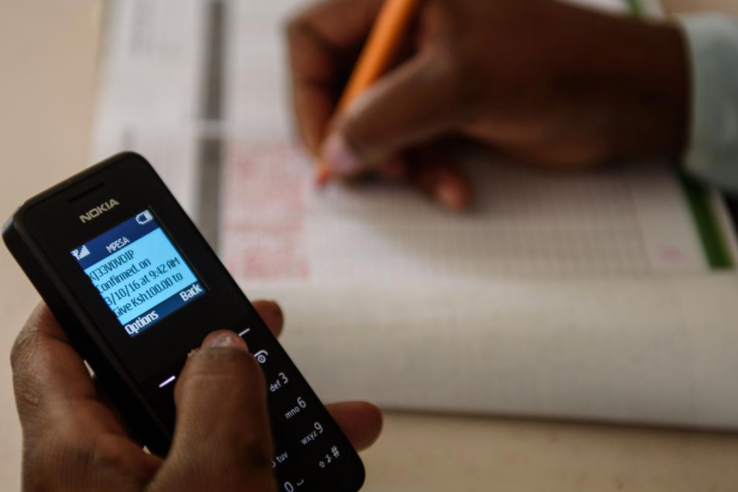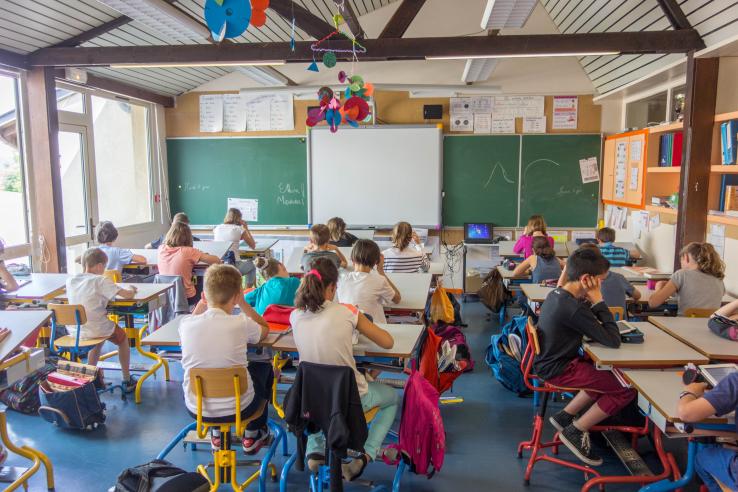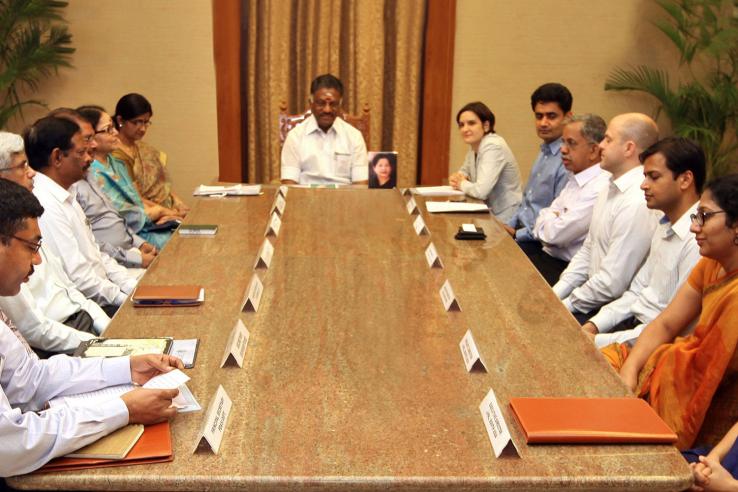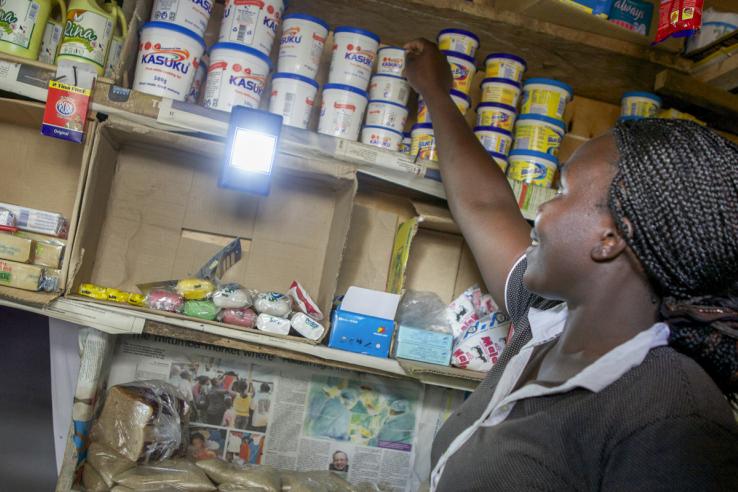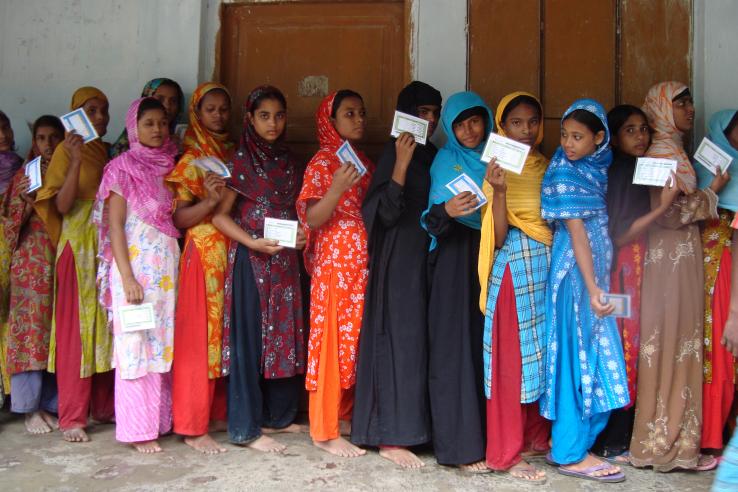Displaying 1426 - 1440 of 7935
Person
Person
Gabriel Charlotte Wajong is a Research Associate at J-PAL Southeast Asia, where she currently works on interventions that aim to reduce the rate of child marriage in Indonesia.
Initiative
The Digital Identification and Finance Initiative in Africa (DigiFI) aims to generate rigorous evidence on how African governments, private companies, and NGOs can leverage digital payments and identification systems to improve lives through better public service delivery, governance, and financial...
Initiative
J-PAL North America’s Education team works to catalyze randomized evaluations and disseminate evidence on innovative tactics to improve student learning and expand access to quality education.
Initiative
Launched in 2019, J-PAL’s European Social Inclusion Initiative (ESII) aims to generate and share widely applicable lessons about promoting social inclusion in Europe through research, training and policy outreach.
Initiative
J-PAL’s Government Partnership Initiative (GPI) ran from 2015-2018 to build and strengthen partnerships between governments and J-PAL affiliates and J-PAL regional offices to increase the use of evidence in policymaking.
Initiative
J-PAL North America’s work combating homelessness seeks to expand the base of rigorous evidence on strategies to reduce and prevent homelessness and foster housing stability.
Initiative
J-PAL’s Jobs and Opportunity Initiative (JOI) funds randomized evaluations of strategies to improve employment outcomes.
Initiative
J-PAL’s Innovations in Data and Experiments for Action Initiative (IDEA) aims to increase the use of administrative data by governments, non-profits, and private firms for evidence-informed decision-making.
Initiative
The Skills for Youth Program (SYP) seeks to identify and rigorously evaluate innovative solutions to improve youth employment in Latin America. Specifically, one of it goals is to address the gap between youth skills and labor market demand.
Initiative
J-PAL’s Post-Primary Education (PPE) Initiative funds randomized evaluations that develop and test innovative solutions for improving access, quality, equity, and relevance of post-primary education in low- and middle-income countries.
Initiative
J-PAL’s Urban Services Initiative (USI) seeks to identify and rigorously evaluate innovative methods designed to improve the welfare of the urban poor in Africa and Asia.
Initiative
The J-PAL North America Worker Prosperity Initiative aims to build an evidence-based playbook of strategies to increase opportunities for workers, reduce the economic barriers and social challenges in labor markets, and ensure that all workers share in the prosperity generated by technological...
Person
Event
J-PAL South Asia’s next Covid Dialogue webinar will delve into how governments can effectively communicate Covid-19 prevention behaviors. Speakers will also share lessons to inform Covid-19 vaccine uptake in India, drawing on rigorous research and implementation experience in increasing routine...
